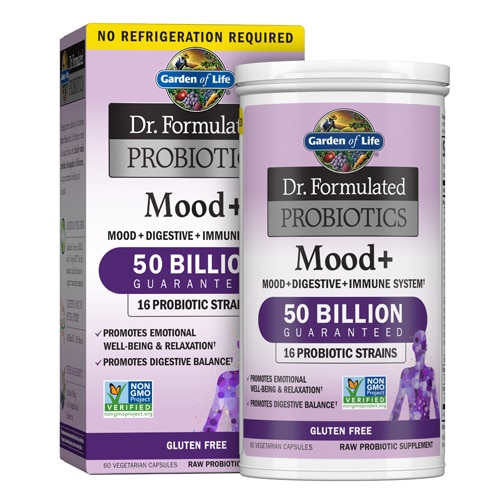Putting in a lot of hours at the office may get you kudos from your boss, but may not do your health any favors. Workaholism has major deleterious consequences, ranging from a significant increase of early onset diseases in women to a higher risk of crippling back pain for both genders.
If you do identify as a workaholic, you’re in good company. A 2014 Gallup poll reported that the average full-time worker in the U.S. spends 47 hours a week on the job. Even more disturbingly, nearly 40 percent of workers say they log 50 or more hours each week. The same poll found that one in five Americans said their workweek stretched 60 hours or more.
But a stressful work week is not an equal opportunity employer: It takes a more serious toll on women. According to a recent study from Ohio State University, “work weeks that averaged 60 hours per week or more over three decades appear to triple the risk of diabetes, cancer, heart trouble and arthritis for women.” Why do women suffer more? Partly because they bear the brunt of the pressure to juggle the multiple roles of work and family.
Men, however, are not immune to the effects of a tough work week. Both men and women who spend 49 hours or more a week in their office drink more heavily than those who work 48 hours or less, a Finnish study found.
The upshot to an overzealous work ethic? Too much time in the saddle for desk jockeys means your health, family and even productivity suffers. If you want to fix a work-life balance gone awry, here’s how.
3 tips for a better work life balance
Take time off
More than half of Americans (55 percent) didn't take all their available paid vacation days in 2015, according to U.S. Travel Association's Project Time Off. While the statistics are slowly improving, many Americans harbor an aversion to downtime, viewing it as a sign of weakness.
But obsessing over work may be fatal. Not taking vacation corresponds to increased vulnerability to heart disease for both men and women. An article on CNN cited a study that “compared women who vacationed at least twice a year to those who took one every six years or less. Astoundingly, the women who did not vacation annually were almost eight times more likely to develop coronary heart disease or have a heart attack.”
The Fix:
Use your hard-earned time off to prioritize your relationships, spend time with your family and rediscover your sanity. Periodically disengaging from one's everyday routine, even for a week or two, can do wonders for stress levels, health and well-being. If you can’t swing a full week or longer, take long weekends throughout the year.
Move it or lose it
By now you’ve probably heard the phrase “Sitting is the new smoking.” While it may sound like hyperbole, prolonged sitting at the office, in transport, or at home, may put you at risk for a multitude of chronic diseases, from obesity to cancer to diabetes.
The fix:
Even if you can’t afford a standing desk, just taking five-minute walks every hour or so helps offset the adverse effects of a sedentary lifestyle. Or aim for half an hour or an hour of exercise every day.
Power nap
The once guilty catnap has become elevated to the vaulted halls of legitimate self-care. Now, companies positioning themselves as progressive places to work have even started offering employees a place to catch some shuteye, aka nap rooms.
According to the National Sleep Foundation, “a short nap of 20-30 minutes can help to improve mood, alertness and performance.” It may also be much better—and healthier—than being tethered to the office coffee maker: A 2008 study showed a power nap is more effective than caffeine.
The fix:
While naps do not necessarily compensate for poor sleep hygiene, a strategic nap in the midafternoon (when sleepiness tends to hit the hardest) can be a great way to improve your mood and reduce stress levels




